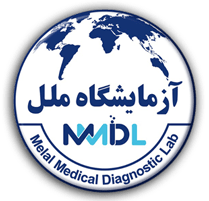Celiac disease is usual inflammatory disease of the small intestine, triggered by an immune response to digestion of gluten and villi are injured. so, the intestine can’t absorb food nutrients. This can result to bone loss of bone density, infertility or neurological disease. Diagnosis is pathology testing based on duodenal villous atrophy, and most patients have circulating antibodies against tissue transglutaminase.
Panel Test:
● Autoantibodies:
o Total serum IgA
o Tissue transglutaminase (tTG) antibodies (IgA, IgG)
o IgA Endomysial antibody (EMA)
o Deaminated gliadin peptide (DGP IgA and IgG)
o Antiactin (F-Actin) IgA: Antiactin (F-actin) IgA testing by enzyme-linked immunosorbent assay (ELISA) should be performed in biopsy-confirmed cases of CD and can provide information about prognosis.
● Genetic test: for human leukocyte antigens (HLA-DQ2 and HLA-DQ8) can be useful to rule out celiac disease.
References
1. Feuerstein JD, Nguyen GC, Kupfer SS, Falck-Ytter Y, Singh S, American Gastroenterological Association Institute Clinical Guidelines Committee. American Gastroenterological Association Institute Guideline on Therapeutic Drug Monitoring in Inflammatory Bowel Disease. Gastroenterology. 2017; 153(3): 827-834. PubMed
2. World Gastroenterology Organisation Global Guidelines – Celiac Disease. World Gastroenterology Organisation. Milwaukee, WI [Accessed: Jan 2018]

